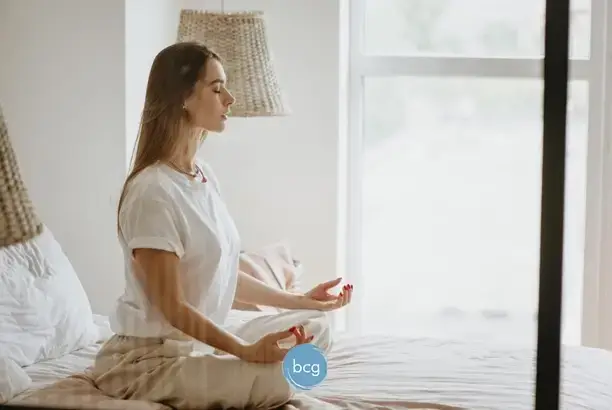8 Ways to Reconnect With Your Partner
How do we nurture our relationships and stay with our partners? After over 20 years of working with individuals and couples, I see common patterns and themes of what contributes to a relationship’s destruction and what fosters satisfying one.
One such theme is the mounting attachment we have to our devices. It often trumps the time and connection of our partnerships.
Here is a list of 8 simple ways couples can strengthen their connection and beat the statistics.
1. Be the partner you want.
It’s easy to get lost focusing on your partner’s shortcomings. However, blaming stunts connection and responsible participation in your relationship. Blaming ensures an unhappy cycle. So, challenge yourself to explore what you are contributing to the relationship. Ask yourself how you can improve what you bring?
2. Set aside 10-15 minutes every day with no devices.
Ask your partner about their day and listen with purpose. Focus on what they are saying. Ask questions and/or summarize what you have heard so they know they’ve been heard. Relationship researcher Dr. John Gottman, found that a few minutes of focused communication are more important than spending a week together with distractions.
3. Practice daily appreciation for one another.
In the business of life and daily stress, it’s easy to focus on what isn’t working or what your partner isn’t doing to your liking. Here’s the challenge: Train yourself to focus on what they are doing right, how they are contributing positively and then let them know. This daily practice of expressed appreciation reminds our partners they are loved, and as a result, cultivates a stronger connection with further understanding.
4. Eat meals together without screens.
Research shows that couples who eat together feel better about their partners. During meals you are sharing time in the experience of eating, sharing your likes, dislikes and conversing about your day. Remember to leave your devices with notifications turned off.
5. Plan a vacation together without the kids.
We are noticing that more parents are anxiously centring on their children’s programs and activities at the expense of their primary intimate relationship. Be mindful of the balance. Our relationships require time, investment and attention to thrive. When is the last holiday, short or long, that you took with your partner? Maybe it’s time to start planning one today!
6. Do physical activities together.
Couples who participate in physical activity together report more satisfaction in their relationship. To increase these phenomena, studies tell us that couples who take more risks to embark on new and “exciting” activities feel more “connected” to each other. Have conversations about a physical activity that interests you. Try something new together, or something you haven’t done in a while. Commit to it and mark it down in your calendar this week.
7. Date night.
Setting time aside for our partner shows them they matter. Schedule a date night once every 2-weeks. Whether you’re putting the kids to bed and having a candlelit dinner at home, going for a meal at your favourite restaurant or curling up together with Netflix, set this time in your calendar. This is one appointment that will help fuel your connection.
8. Have more physical contact.
Increase your emotional intimacy through touch. Research shows that physical contact releases oxytocin (the bonding hormone), can improve our mood and is calming. Holding hands, hugging, touching, and kissing can reduce your stress hormones (cortisol) and increase your sense of relationship satisfaction.
While this list may seem like a lot, these tasks are all very doable. Relationships require effort and thoughtful planning. Change takes time and you’ll want to set yourself up for success. Discuss the list with your partner and choose one or two items to undertake this week. Then as you move forward, add or change the items you are doing. Continue the conversation regarding your commitment to nurturing your connection. And mostly, enjoy your relationship!
At times, relationships require additional help of a professional. Don’t hesitate to ask friends and/or family for any referrals they recommend and/or contact our office to book your counselling appointment today.





